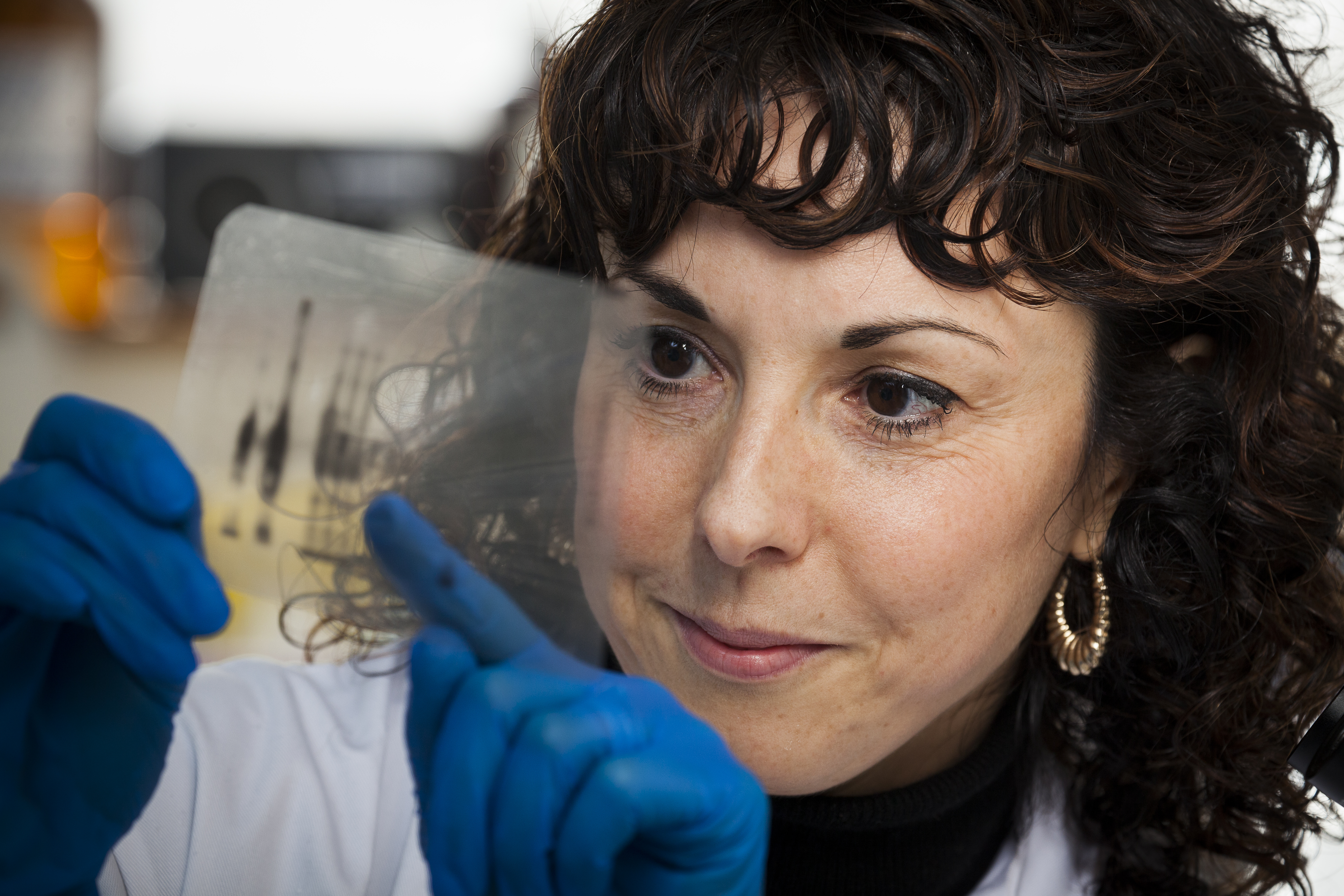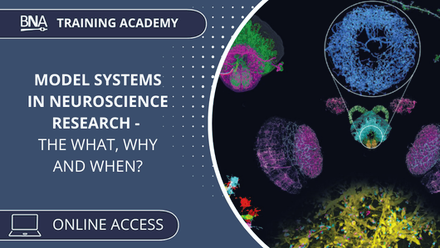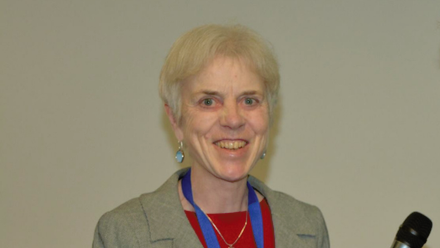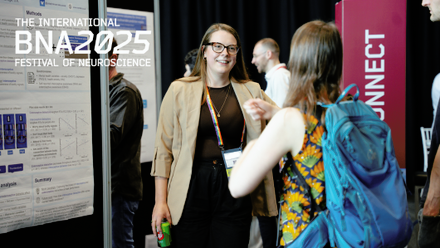Professor Sarah Tabrizi wins the BNA 2025 Outstanding Contribution to Neuroscience Award
The British Neuroscience Association (BNA) is delighted to announce that Professor Sarah Tabrizi, Director of the UCL Huntington's Disease Centre, has won the Outstanding Contribution to Neuroscience Award for 2025.
Professor Tabrizi’s career exemplifies a transformative bridge between fundamental molecular discovery and clinical application - achieving what few in neuroscience have accomplished: the successful translation of a fundamental genetic insight into potentially disease-modifying therapies for a previously untreatable neurodegenerative condition.
One of her most paradigm-shifting contributions lies in pioneering the first gene-targeting therapy for Huntington’s disease. As the global lead investigator for the landmark IONIS-HTTRx (Tominersen) trials, Professor Tabrizi led the complex first in-human studies that demonstrated, for the first time, that the toxic mutant huntingtin protein - the central genetic driver of Huntington’s disease - could be robustly and dose-dependently suppressed in the human brain.
Most recently, Professor Tabrizi’s leadership in the early phase clinical trial of the gene therapy AMT-130 has yielded a major step forward for the field - a reported 75% slowing of disease progression over 36 months - marking a monumental step toward a treatment for this fatal condition.
Beyond her therapeutic breakthroughs, Professor Tabrizi has made numerous major contributions to Huntington’s disease biology – in her leadership of the Track-HD and HD Young adult study, she has mapped the pathobiology of the preclinical phase of the disease, identified the best time to treat decades before disease onset, developed biomarkers of disease progression that are now used worldwide in all clinical trials for Huntington’s disease. She led a global consortium that develop a landmark staging system of the disease, akin to the cancer staging system, that is now being used worldwide and has transformed the therapeutic landscape. The significance of this work cannot be overemphasised as it has laid the groundwork for all current clinical research and trials in Huntington’s disease and has been a model for all other neurodegenerative diseases. Her work produced an unparalleled deep phenotypic database resource which she made freely available to both the research community and to pharmaceutical companies designing clinical trials for potential treatments in Huntington’s disease. Through her careful deep phenotyping of patients, Professor Tabrizi discovered a key genetic modifier for HD. This work was a pivotal study in humans, which showed that functional variants in the mismatch repair protein MSH3 were a powerful genetic modifier of Huntington’s disease progression. This work also showed that MSH3 was associated with slower disease progression and paved the way for a whole new therapeutic strategy targeting mismatch repair; and her lab continues to work on developing and testing therapeutics for translation to the clinic whilst also validating and testing other mechanistically driven therapeutic targets.
Together, these achievements have provided a comprehensive roadmap from genetic target discovery to clinical trial design, accelerating therapy development across neurology. For her unparalleled scientific rigour, transformative leadership, and dedication to improving patient outcomes, Professor Tabrizi is a truly deserving recipient of the BNA’s highest honour.

I am truly honoured to receive the BNA Outstanding Contribution to Neuroscience Award. This recognition is a testament not only to the dedication of the entire team at the UCL Huntington’s Disease Centre, but also to the unwavering support of our collaborators, patients, and families. Advancing research in Huntington’s disease is a collective effort, and I am deeply grateful for the opportunity to work alongside so many wonderful colleagues at the UCL Queen Square Institute of Neurology, the UK Dementia Research Institute and beyond. While there is still much to do, I am encouraged by the progress we are making each year towards developing therapies that could change the lives of those affected by this devastating condition. My heartfelt thanks to the BNA for this recognition and for championing neuroscience across the UK.
Professor Tabrizi will be presented with her award at the Prize Giving Ceremony during the BNA’s annual Festive Symposium on 9th December in London.
Professor Narender Ramnani, President of the British Neuroscience Association, said:
Professor Sarah Tabrizi, a BNA member, is a true pioneer who has provided tangible hope to the entire Huntington’s disease community. She is a UK scientist who has fundamentally shifted the global landscape, leading worldwide trials for groundbreaking treatments that aim to silence the faulty gene at its source. This breakthrough was built on her foundational research, which allows us to detect the disease's earliest changes, decades before symptoms appear. Her work has created the essential blueprint that all modern drug trials for Huntington's now rely upon globally. Her work is a powerful demonstration of how the synergy between fundamental discovery and clinical neuroscience can make a profound difference for patient communities. It exemplifies translational neuroscience at its very best, combining rigorous research with a compassionate commitment to patients and their families. The BNA is proud to honour Professor Tabrizi for her transformative contributions.
The BNA extends its warmest congratulations to Professor Tabrizi on this exceptional achievement.
Professor Tabrizi will deliver her Prize Lecture at the BNA Festive Symposium, taking place on 9th December 2025 at Canary Wharf, London.
Tickets are available here:
BNA Festive Symposium 2025 – Programme & Tickets
This award forms part of the BNA’s mission to recognise excellence and leadership across UK neuroscience - celebrating those whose work drives discovery, collaboration, and impact.







